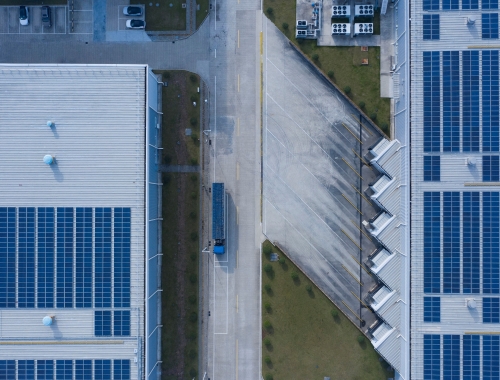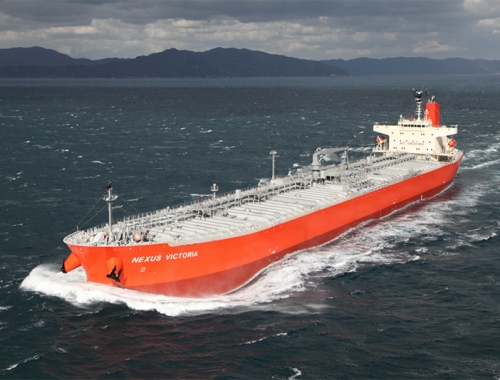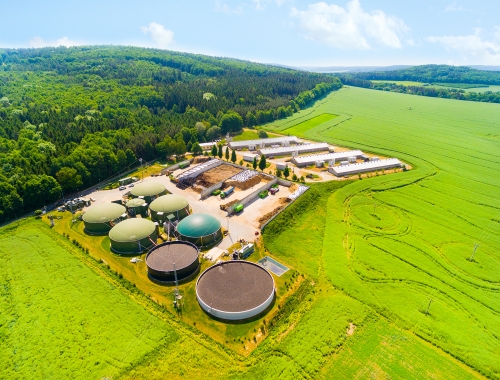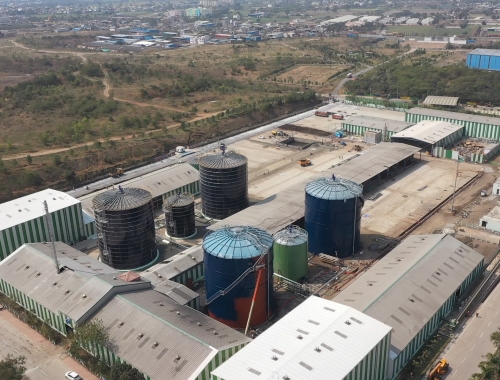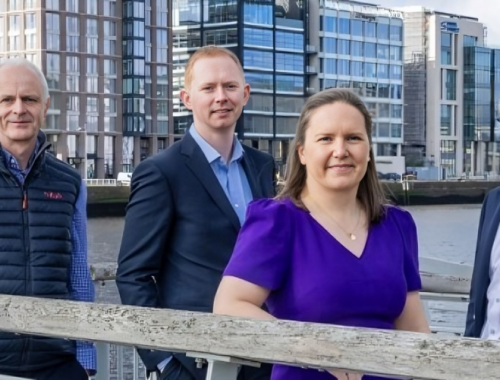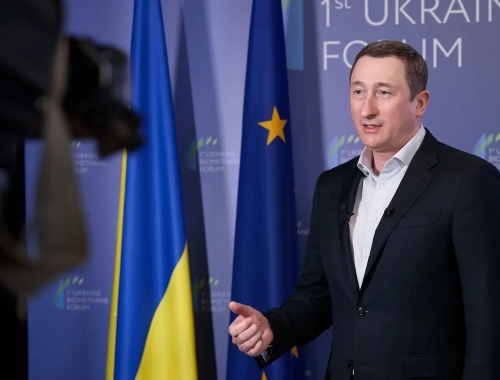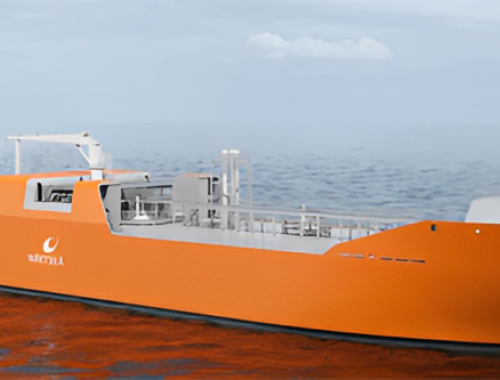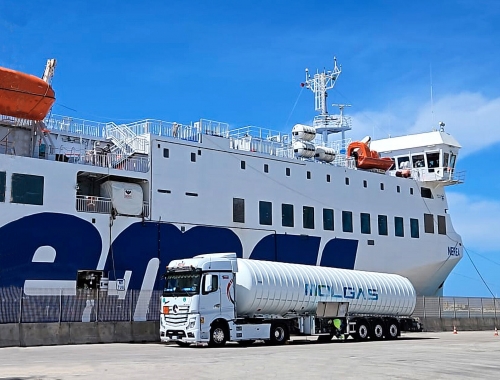RWE to advance three carbon capture projects in UK
SUMMARY
The company is exploring the feasibility of retrofitting carbon capture technology at its existing combined cycle gas power stations. [Image: RWE]
By Shardul SharmaPower producer RWE on May 23 announced its plans to advance three new carbon capture projects as part of its commitment to decarbonise UK power.
The company is exploring the feasibility of retrofitting carbon capture technology at its existing combined cycle gas power stations in Pembroke and Staythorpe. Additionally, RWE is developing proposals for a new carbon-capture, gas-fired power station near the Humber Estuary in Stallingborough. With a capacity of up to 800 MW, this development could power approximately one million homes, the company said.
RWE said it views carbon capture and storage (CCS) as a viable solution for delivering decarbonised, reliable, and dispatchable power generation. These projects align with the UK's target of decarbonising its power system by 2035, while also supporting RWE's own global ambition to achieve carbon neutrality by 2040 in line with the Paris Agreement, the company added.
“Carbon capture can support the expansion of the other renewable and low carbon technologies that RWE is a leader in deploying, by providing energy security through firm and flexible provision of electricity that is not reliant on weather,” Tom Glover, UK country chair for RWE, said.
If all three projects move forward, they could collectively secure up to 4.7 GW of flexible, decarbonised generation capacity. According to RWE, this capacity would be sufficient to power approximately 8.1mn typical UK homes and capture 11mn metric tons/year of CO2.
All three projects are located near proposed CO2 networks or will have access to shipping facilities, enabling safe transportation and storage of captured CO2 by third parties. RWE has established partnerships with industrial clusters South Wales Industrial Cluster (SWIC) and Viking CCS to develop transportation and storage options.
The projects are now preparing to apply to the department for energy security and Net Zero's Track 2 Phase 2 cluster sequencing funding application process, which focuses on carbon capture projects in close proximity to carbon capture storage or transport facilities. This application will demonstrate that carbon capture is a viable and essential solution in the race toward achieving net-zero emissions.

